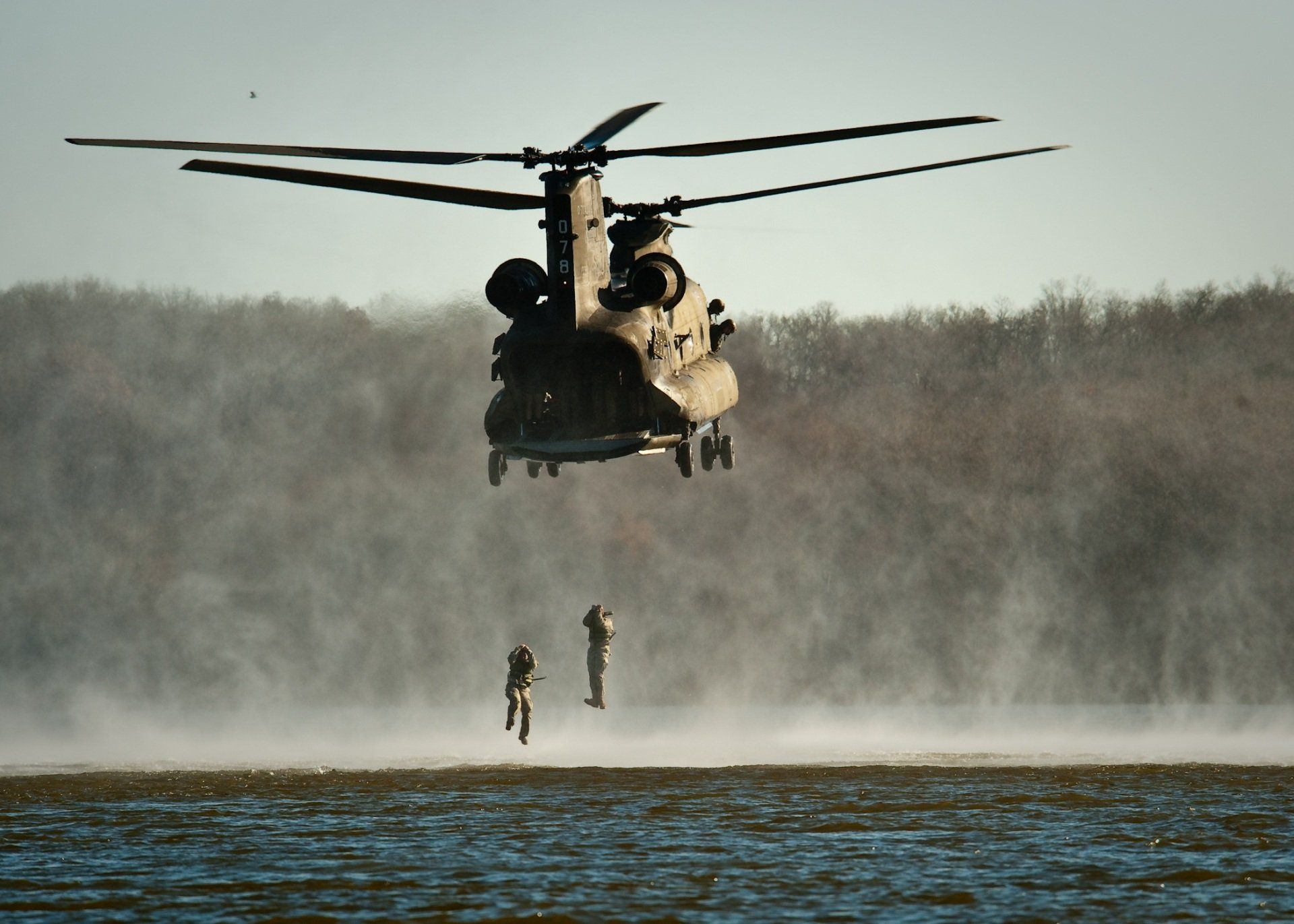Intelligence Failings During World War II
Lessons Learned from Historical Shortcomings

Introduction:
World War II stands as one of the most significant and devastating conflicts in human history. Intelligence and espionage played a crucial role in shaping the outcomes of battles and decisions during the war. However, despite the efforts of various intelligence agencies and operatives, there were significant failings that had far-reaching consequences. This essay will delve into the failings of intelligence during World War II, analyzing examples and referencing historical events that underscore the importance of learning from these shortcomings.
The Maginot Line and the German Blitzkrieg:
One of the most notable intelligence failings during World War II was the French reliance on the Maginot Line, a complex system of fortifications along the French-German border. French intelligence had incorrectly assessed that the Ardennes Forest was impassable for armored vehicles. Consequently, the Germans launched a rapid and unexpected attack through this supposedly impenetrable region, effectively bypassing the heavily fortified Maginot Line and swiftly advancing into France. This intelligence failure highlighted the danger of fixed defensive strategies based on outdated information, showcasing the necessity of adaptable and up-to-date intelligence assessments.
Operation Barbarossa and Soviet Unpreparedness:
In June 1941, Germany initiated Operation Barbarossa, a massive invasion of the Soviet Union. Despite indications of a potential German offensive, Stalin and Soviet intelligence agencies failed to recognize the magnitude and timing of the attack. This oversight led to devastating initial losses for the Soviet forces and allowed the Germans to gain significant ground. The Soviet intelligence community's inability to accurately assess German intentions and capabilities underscored the critical importance of timely and accurate intelligence to anticipate and counter threats.
Pearl Harbor and the American Surprise:
The attack on Pearl Harbor in December 1941 is perhaps one of the most infamous intelligence failures in U.S. history. Despite growing tensions with Japan and a wealth of intelligence indicating a potential attack, the American military was caught off guard. A breakdown in communication and analysis within various U.S. intelligence agencies contributed to the failure to predict the attack accurately. This incident prompted significant reforms in U.S. intelligence practices, highlighting the need for better coordination, information sharing, and analysis.
Enigma Decrypts and the Battle of the Atlantic:
The German Enigma machine encrypted their communications, posing a significant challenge to Allied intelligence efforts. However, British codebreakers at Bletchley Park eventually managed to decrypt Enigma messages, providing crucial insights into German naval operations in the Atlantic. Despite these successes, there were instances when the Allies failed to capitalize fully on decrypted information, resulting in missed opportunities to disrupt German U-boat activities more effectively. This demonstrated that even successful intelligence efforts could be undermined by insufficient exploitation of acquired information.
Conclusion:
The intelligence failings during World War II had profound consequences for the course of the war and the lives of countless individuals. These failures underscored the importance of accurate, timely, and adaptable intelligence assessments. The lessons learned from these historical shortcomings have since shaped the development of intelligence agencies and practices around the world. They emphasize the necessity of interagency cooperation, information sharing, and continuous improvement to prevent similar intelligence lapses in future conflicts. In essence, the failures of intelligence during World War II serve as a stark reminder that no matter the technological advancements, intelligence analysis remains a vital and ever-evolving aspect of modern warfare and security.
© 2023 Perseus Intelligence. All rights reserved.






